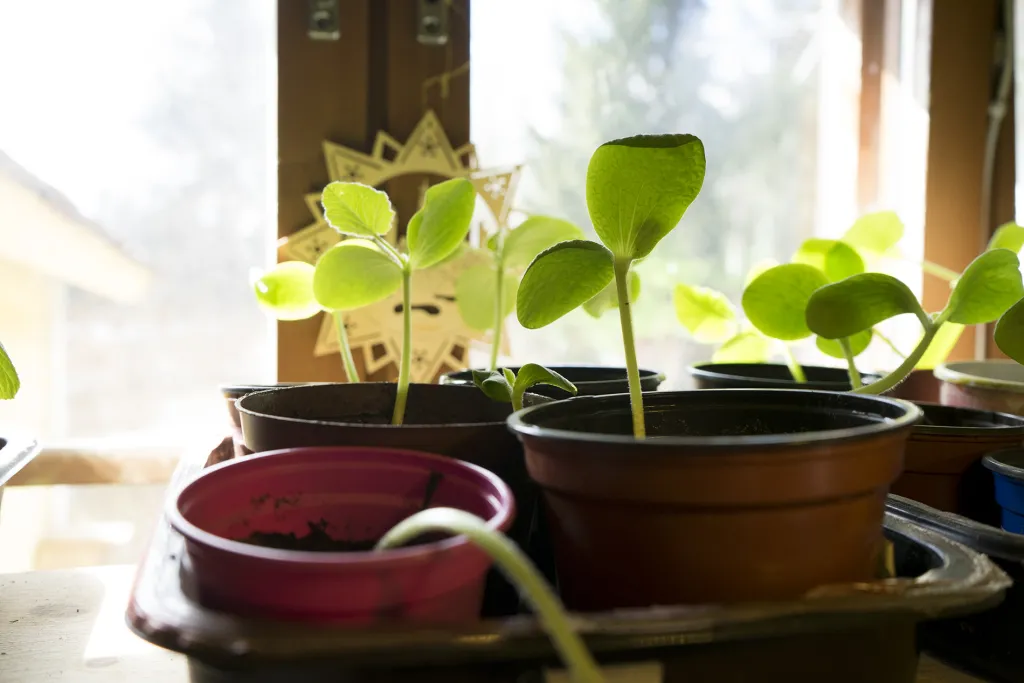It encompasses a wide range of practices and techniques that aim to optimize the interactions between plants, animals, humans, and the environment while taking into consideration the social aspects that need to be addressed for a sustainable and fair food system.
Key aspects of agroecology include:
- Biodiversity: Agroecology emphasizes the use of a diverse range of plants and animals within agricultural systems to enhance resilience, productivity, and ecological balance. This diversity helps to control pests and diseases naturally, improve soil health, and reduce the need for chemical inputs.
- Soil Health: Healthy soils are fundamental in agroecology. Practices such as composting, cover cropping, and reduced tillage help to build soil organic matter, enhance soil structure, and promote a vibrant soil microbiome, which supports nutrient cycling and improves plant health.
- Water Management: Efficient use and conservation of water through practices like rainwater harvesting, drip irrigation, and the construction of water-conserving landscapes are key components of agroecological systems.
- Energy Efficiency: Agroecology seeks to minimize the use of non-renewable energy in agricultural practices by optimizing the use of on-farm resources, promoting renewable energy sources, and reducing dependency on external inputs.
- Synergies and Integration: Agroecology promotes the integration of crops, livestock, trees, and other elements in agricultural systems to create synergies, such as using livestock to provide manure for crops and crops to provide feed for livestock.
- Social Equity and Livelihoods: Agroecology is also concerned with social dimensions, including improving livelihoods, ensuring food sovereignty, and promoting fair and equitable access to resources and opportunities for all participants in the food system.
- Local Adaptation and Knowledge: Agroecology values and incorporates local and indigenous knowledge and practices, adapting them alongside scientific knowledge to create context-specific solutions that are resilient to local environmental, economic, and social conditions.
- Sustainability and Resilience: By enhancing the natural resource base, agroecology aims to produce food in a way that is sustainable over the long term, capable of adapting to climate change, and resilient to shocks and stresses.
Agroecology is increasingly recognized as a pathway that can address many of the challenges facing contemporary agriculture, including environmental degradation, climate change, and social inequity, by creating more diversified, resilient, and sustainable food systems.

